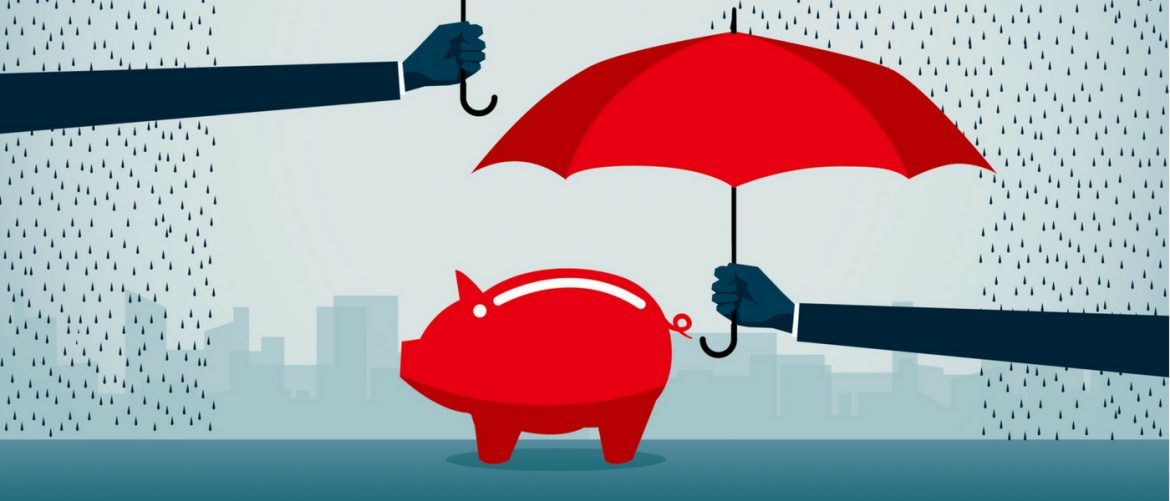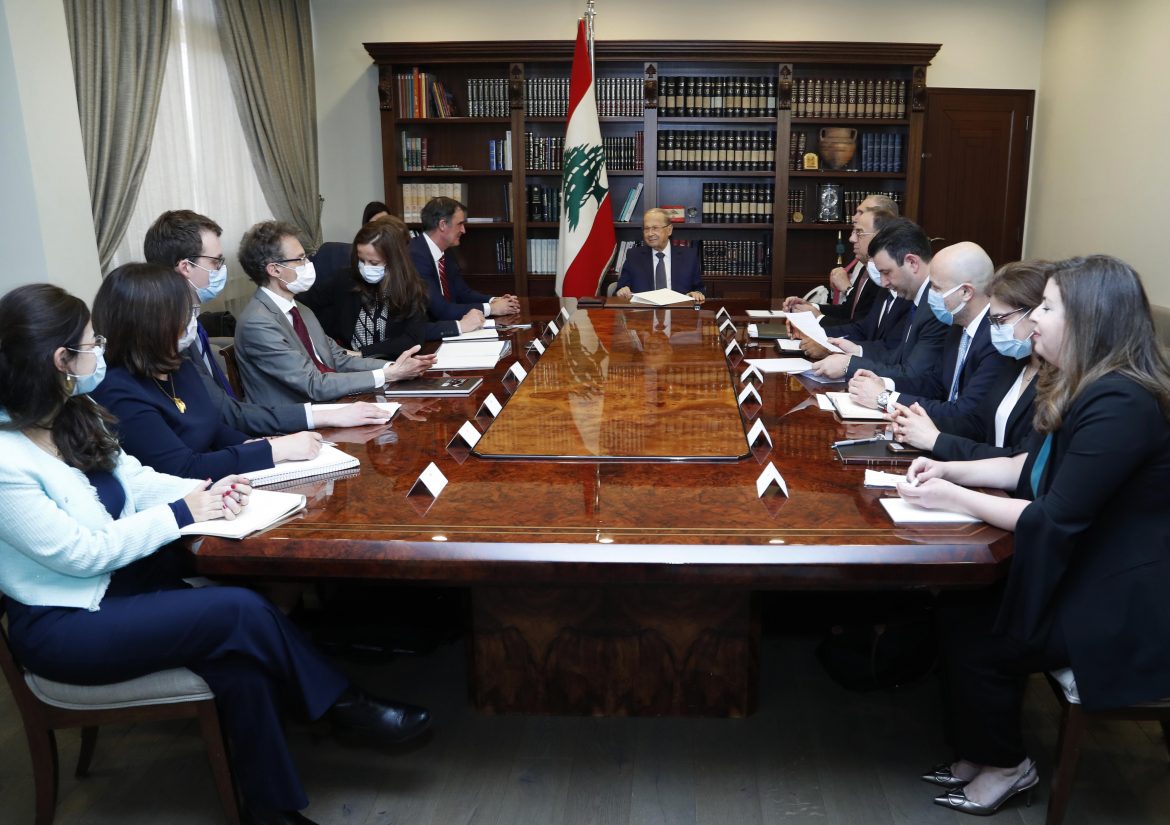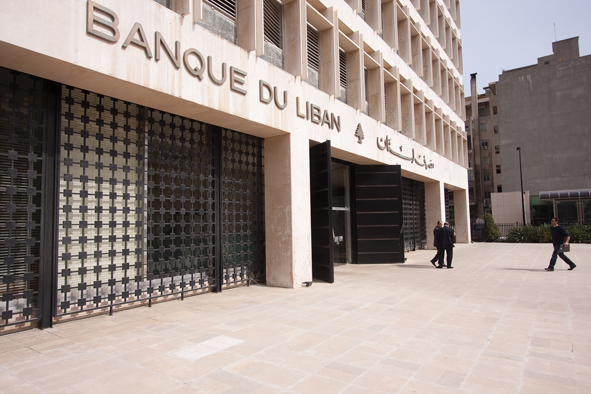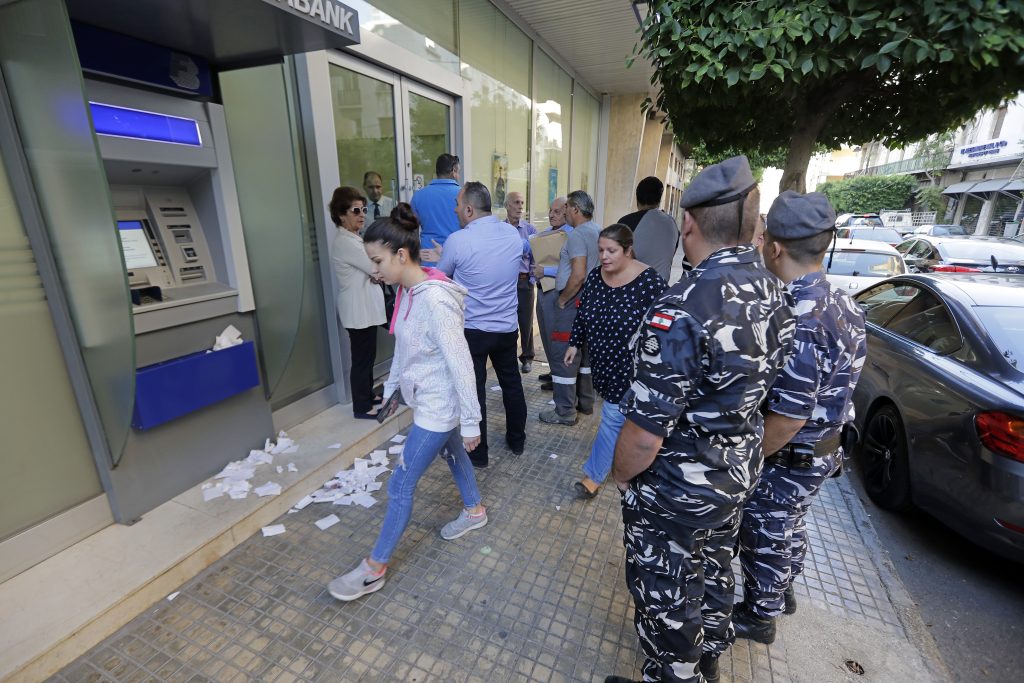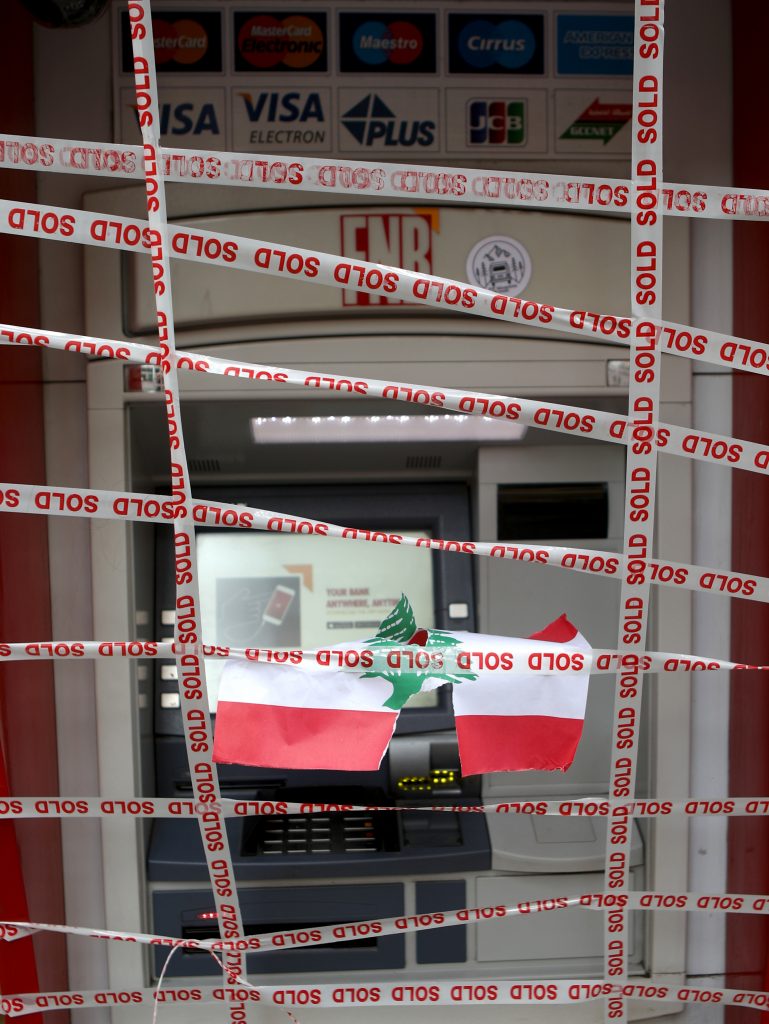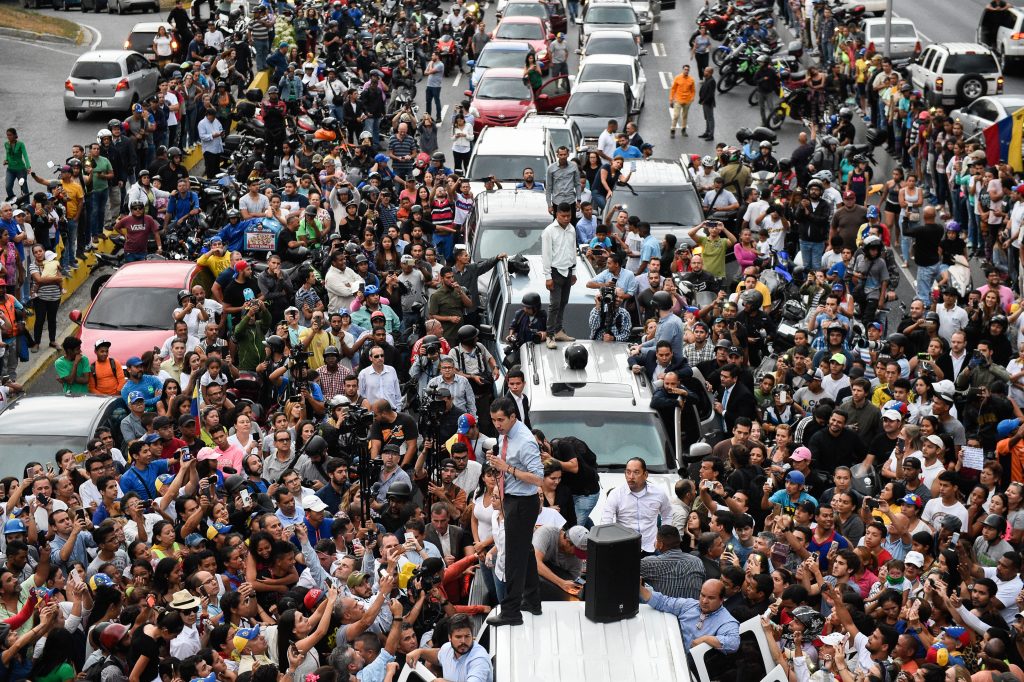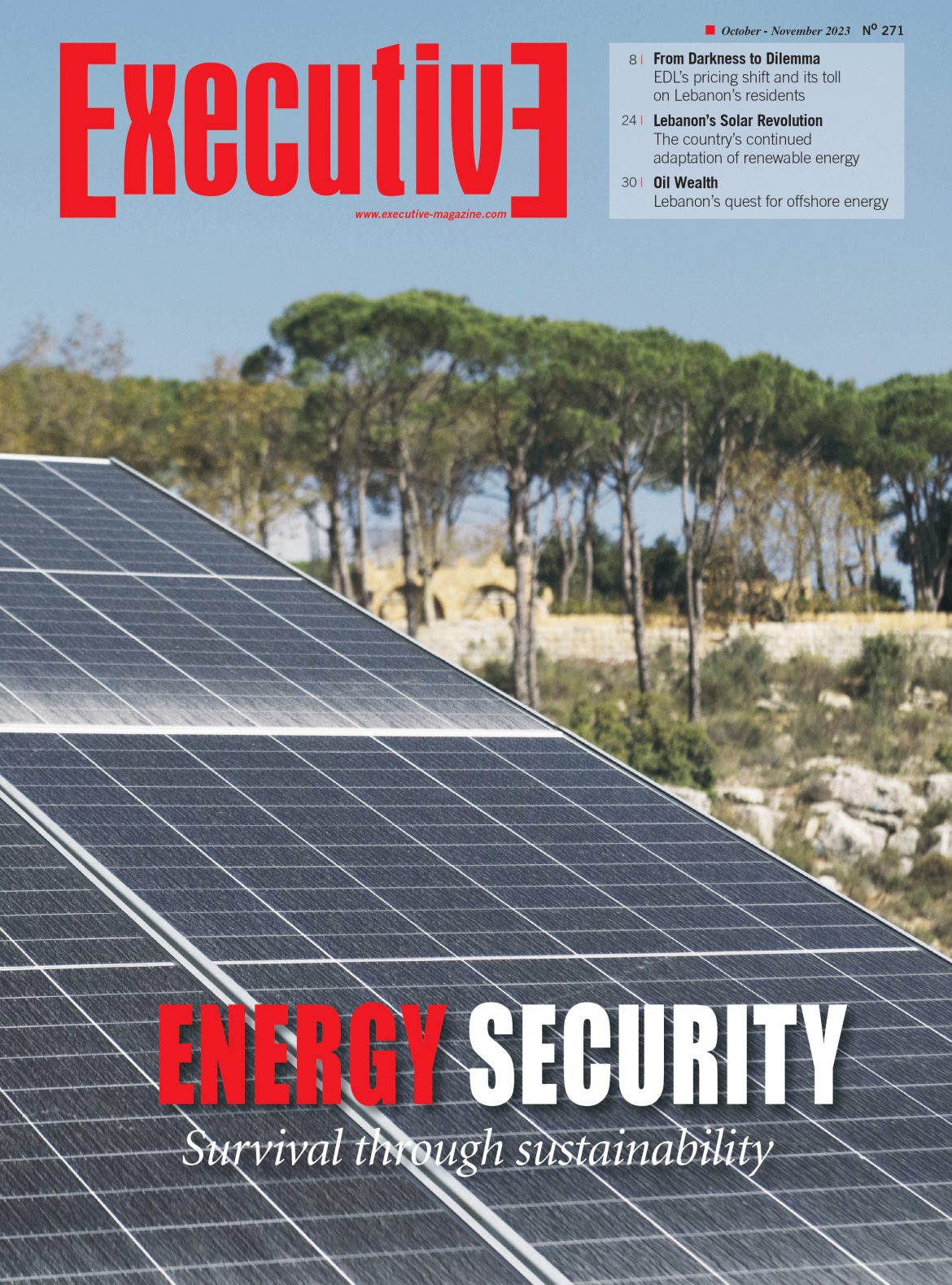Fulfilling your work orders in a timely manner is the absolute minimum requirement if you want to keep your job. Parliament, whose job description is the protection of the people’s interests, has started this year by – for the first time in almost forever – nominally satisfying one of its standard yearly obligations by voting on the budget before the end of January.
But this theoretically commendable fulfillment of parliamentary responsibility indicates nothing about its real job: legislating a budget that will sustain and improve the livelihoods of the people. This is not, as many vested experts know and state loudly, what the 2024 budget is about: at best, it is weak temporary fix and a dead-end solution.
It’s no surprise that the establishment continues protecting a system that has been serving them for decades. One that took so much effort and corruption to perfect. To understand the workings and delusions of the powers that really are in charge among Lebanon’s political class, my mind leaps back to a film that was made in the heyday of venture capitalism and hostile takeovers about the thrills and the perverse “romanticism” of being a corporate raider.
Other People’s Money with Danny DeVito, Penelope Ann Miller, and Gregory Peck was a 1991 flick whose slick and obnoxious winner was “Larry the liquidator”. He got both the company (with the declared goal of tearing it apart), and (in the movie’s concluding scene) a hint at further romance with the smart lady that had opposed him and lost. Just like in this movie, to me it seems that there those in our political class who believe they can steal the people’s money, liquidate our national assets with impunity, and still have lady Lebanon fall for their oily charm.
Should the people adore their elected representatives for approving the budget for once within the legal deadline? Applaud the government for presenting a budget without a strategy describing how the country’s resources will be managed and without clear economic performance indicators to hold its managers accountable for?
Despite the budget’s passing, it stinks again and the odor is so foul this time because there is so little left to steal. Continuous improvement can only be achieved when everyone is empowered to achieve its responsibility to protect the people in an inclusive, transparent and accountable manner. Our government and its budgetary perpetrators cannot be permitted to continue raiding our remaining, minimal financial safety by dipping, without creating any prospect for real growth and structural reform, into what are other people’s pockets.



